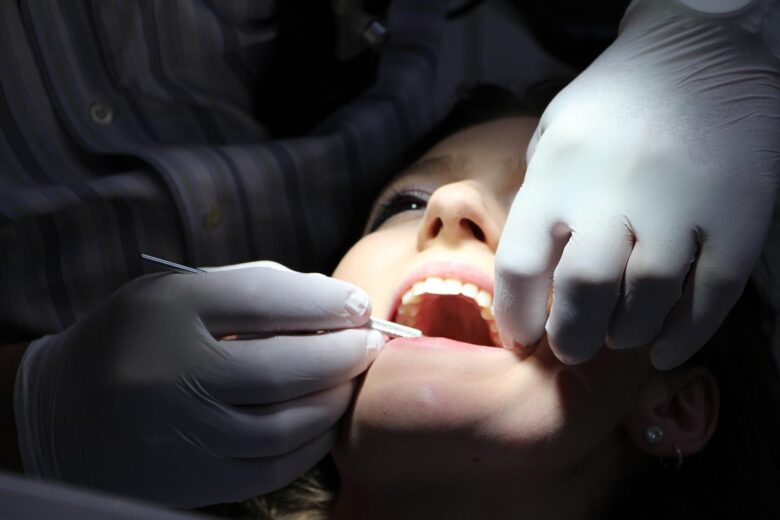Gum and dental health are way more important than most of us even imagine. Namely, bad teeth can cause a lot of other health issues as well. However, the fact is that we contribute to the better or worse condition of our teeth and gums – primarily through inadequate oral hygiene. That’s why, referring to numerous studies, Dr. Tariq Sayegh believes that we should adhere to some dental hygiene tips that we should adopt as our daily routine.
A Beautiful Smile Is The First Thing People Notice About Us

A beautiful smile is always desirable, but it requires healthy teeth. Teeth are one of the first things other people notice about us. Healthy teeth are a prerequisite for general health and satisfaction, and at the same time, they reflect self-care. If we do not take enough care and put our teeth in a bad state – no one else is to blame but us. There is no excuse for poor dental hygiene because dental doctors are available to us – and teeth cleaning products are very affordable. Also, we shouldn’t neglect oral, dental, and gum diseases – since they can be just as dangerous as all other diseases. The most common dental issues we face are periodontitis, caries, and hypersensitivity of the gums. So what can we do to avoid that? Here is what dental doctors say.
What Dental Doctors Advise? Maintaining Dental Hygiene As The BestForm Of Prevention
As we have already mentioned, dentists agree upon one major thing! We can prevent most dental diseases with daily care and regular examinations. Today, the most common are caries, gingivitis, and periodontopathic. For every disease, including those, prevention is better than cure. Therefore, it is necessary to pay more attention to prevention – and try to avoid the development of such issues. Therefore, here are tips on how you can avoid the occurrence of such negative and often painful processes on your teeth and gums.
1. Proper maintenance of oral hygiene
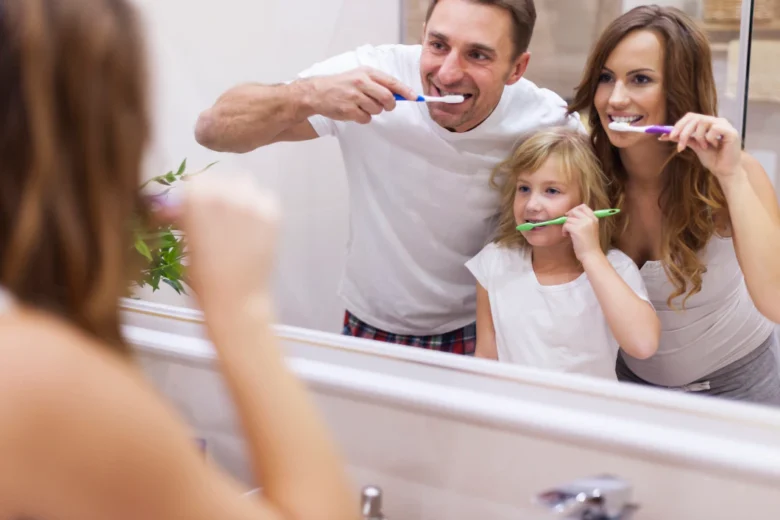
The first place is the proper maintenance of oral hygiene. That prevents the formation of dental plaque. Dental plaque is the soft deposit on the teeth, which, if not removed, allow the deposition of tartar. This way, it paves the way for the development of the disease we call periodontopathic. For proper teeth maintenance, we need to harmonize four factors. These are good toothbrushes, proper brushing technique, and brushing teeth often and long enough. Using dental floss is also mandatory – and as the years go by, the list of necessary means for maintaining oral hygiene is getting longer. Therefore, today, we have other things at our disposal, such as interdental toothbrushes and mouthwashes – but also various medical kinds of toothpaste.
2. Don’t forget to brush your tongue
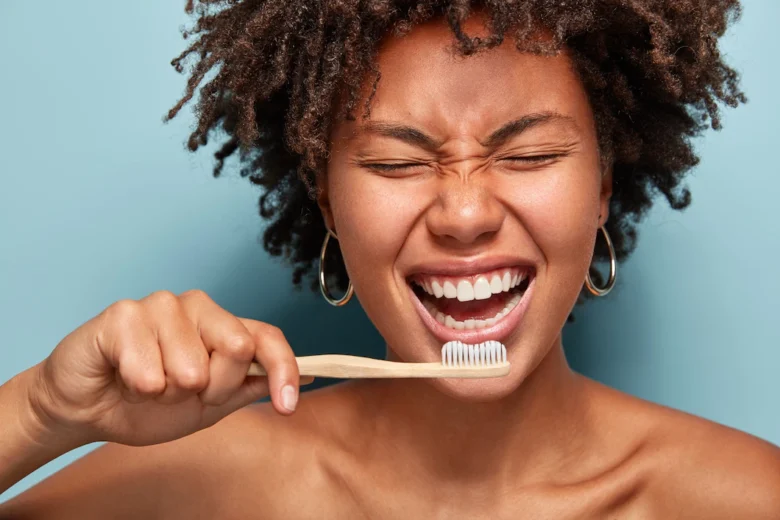
If you don’t brush your tongue while brushing your teeth, don’t worry, it’s not your fault. Even dentists do not draw our attention enough to the importance of tongue washing – so people may not even know that regular tongue hygiene is significant for oral care. Plaque can also build up on the tongue – and that can lead to bad breath and other oral problems. So, when brushing your teeth, you should also gently brush your tongue. If it is more practical for you, you can also buy special tongue brushes that you can find in pharmacies.
3. Using dental floss
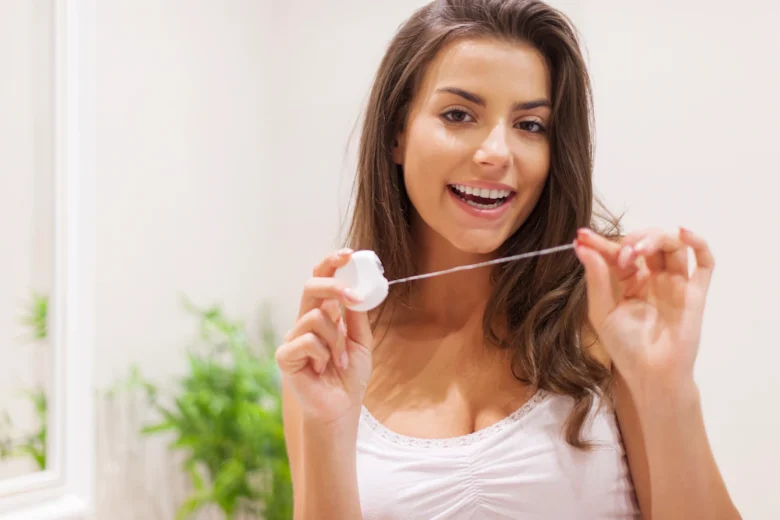
The space between the teeth is difficult and almost impossible to clean using only a brush. Floss is an effective means of cleaning these surfaces. However, using a proper technique is very important in order not to injure the gingiva. It is best to use waxed floss because it will be easier to manipulate. Place the floss at the level of the gingiva, pulling it toward one tooth – and then pulling it down along the tooth. Floss carefully so as not to injure the gums.
4. Use mouthwash

Mouthwashes are often omitted from daily oral care for no apparent reason. They help maintain oral hygiene in several ways. They reduce the number of acids in the mouth, clean hard-to-reach areas in the oral cavity, and remineralize the teeth. Using mouthwash will improve oral hygiene and make your gums and teeth healthier. Rinsing the mouth is especially recommended for people that have difficulties with flossing – such as the elderly and children.
5. Reduce your coffee intake
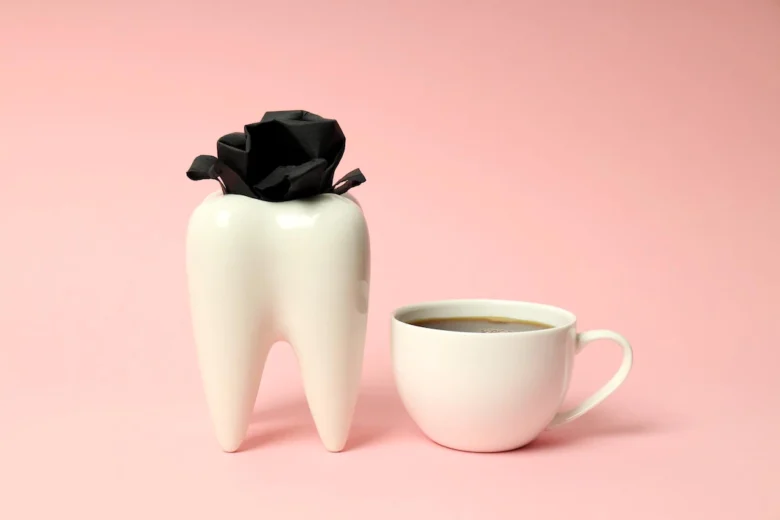
Tooth enamel is not completely flat – and therefore, it is easily susceptible to discoloration. Drinking coffee, especially black coffee without milk, or tea, can change the color of your teeth and make them kind of yellowish. If you are not allergic to lactose, add milk to your coffee to mitigate the effect of teeth staining, at least to some extent. By reducing your coffee intake, you will notice that your teeth get a whiter shade.
6. Reduce your sugar and alcohol intake
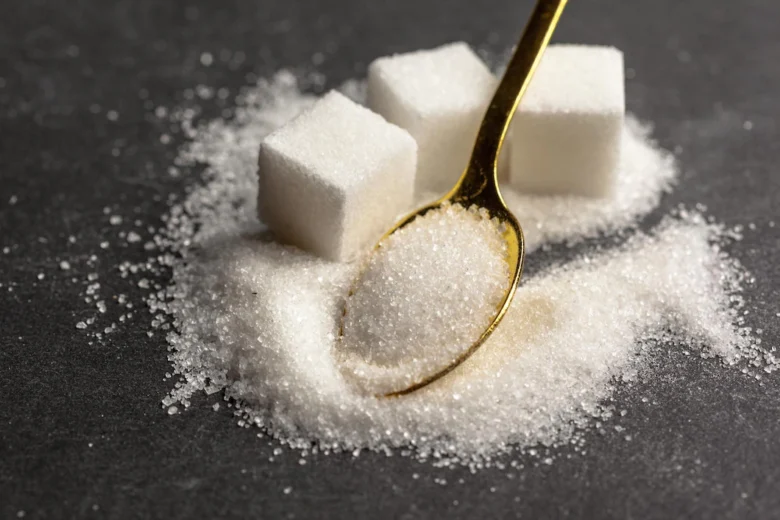
Sugar and alcohol are the biggest enemies of your health in general – and they also harm the condition of your teeth. Alcohol contains sugar, and sugar turns into acid in the mouth, which eats away at the enamel of your teeth. In this way, you can develop caries – and that impairs the health of your teeth. It is not necessary to eliminate sugar and alcohol – but you should make sure that you never overdo it. Tooth enamel is the hardest substance in your body, but acids from too much sugar in your diet can still destroy it.
7. Check up with your dentist regularly
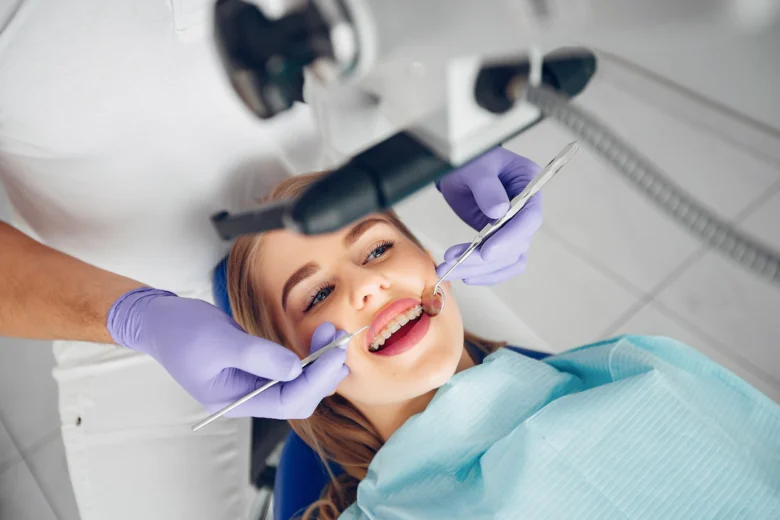
Your daily habits will certainly have a big impact on your overall oral health. However, no matter how hard you try to maintain the perfect hygiene of your teeth, it is still necessary to visit the dentist at least twice – to fully ensure the cleanliness and health of your oral cavity. The dentist will also notice if there have been minimal breakdowns or the creation of processes that would damage your gums or teeth. Fear of the dentist is not an excuse – because you will be treated with the right approach.
The Bottom Line
Find your trusted dental specialist, visit him regularly – and if you follow the advice we have listed, you will ensure healthy teeth and a beautiful smile.

